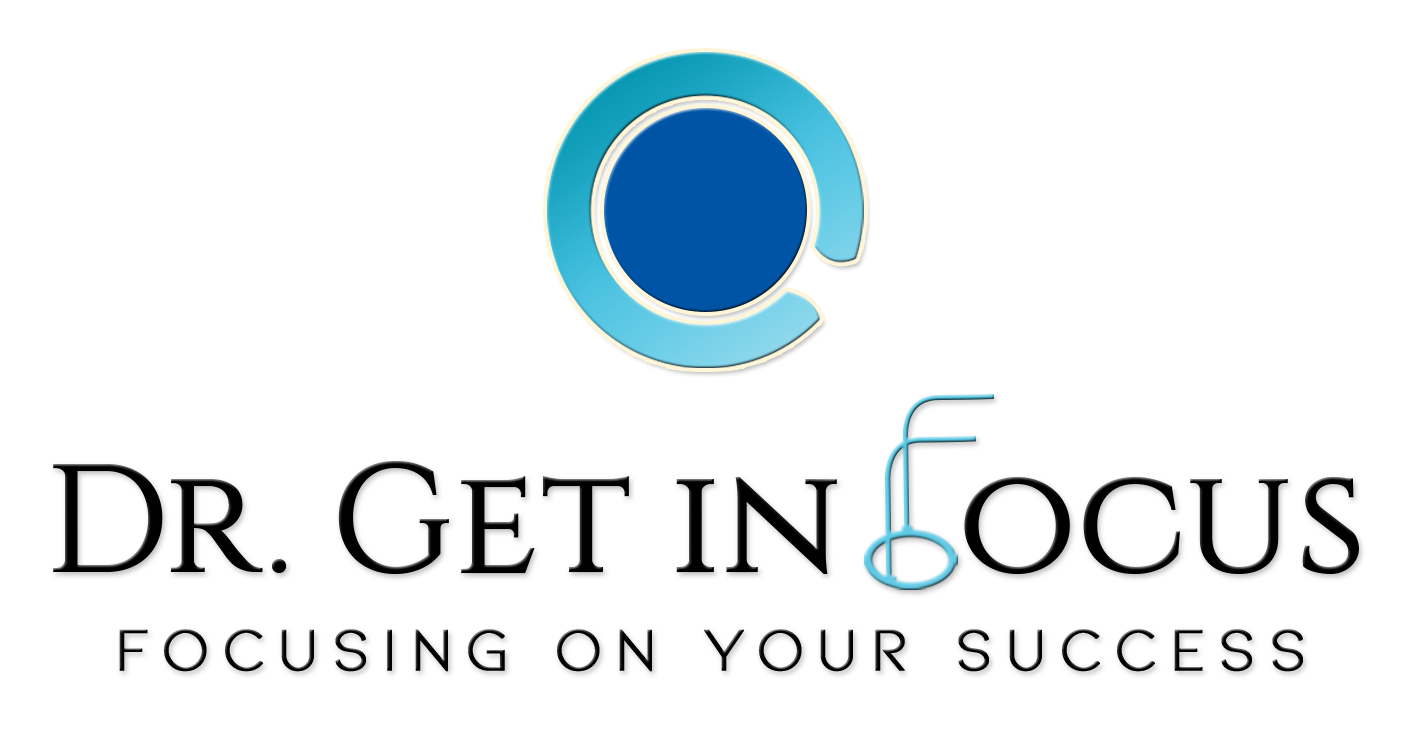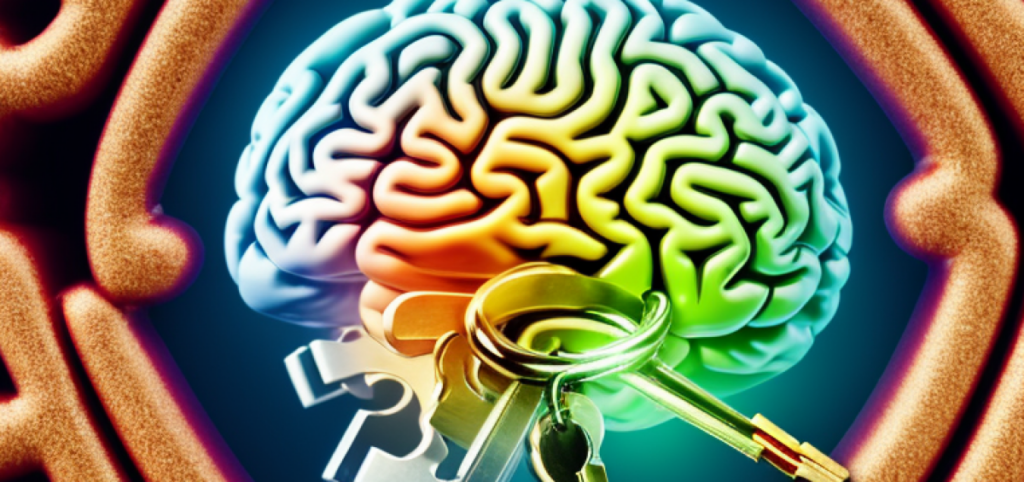Today, we’re embarking on an exciting journey through the intriguing maze that is adults with ADHD. We’re going to delve into the depths of the ADHD mind, identifying five phrases that are like a lightning bolt to a neurodivergent person’s emotional well-being.
But don’t fear! We won’t leave you navigating this maze without a map. For each verbal pothole, we’ll provide a bridge—a more empathetic, supportive response that fosters understanding rather than stigma. So, ready your mental gears, and let’s set off!
1. “Why don’t you just try harder?”
The age-old question that is as ineffective as a water pistol against a dragon. It insinuates that ADHD in adults is merely an issue of effort, not a neurological condition.
Instead, try: “I see you’re wrestling with this task. Could a different method or tool make it more approachable?”
This acknowledges their struggle without casting blame and encourages them to apply their unique cognitive style.
2. “You’re just using ADHD as an excuse.”
This phrase delivers a blow that can be hard to recover from. It dismisses their experience and suggests they are lazy. However, adults with ADHD often pedal twice as hard in a neurotypical race—they’re not seeking excuses but understanding.
Instead, try: “I realize that ADHD could create unique hurdles. Let’s explore strategies that are specially designed for you.”
This sentiment validates their experience and supports them in finding practical solutions.
3. “ADHD isn’t real.”
Dismissing ADHD as a myth is akin to denying gravity because it’s invisible. ADHD in adults is a well-documented neurological condition, not a figment of the imagination.
Instead, try: “Share more about your experience with ADHD. I want to better understand your world.”
This invites them to express their perspective, fostering empathy and connection.
4. “Everyone’s a little ADHD sometimes.”
Imagine nursing a sprained ankle and hearing, “Everyone trips sometimes.” It’s dismissive and minimizes the constant hurdles someone with ADHD faces.
Instead, try: “I might not fully grasp your experience, but I’m here to support you.”
This statement expresses empathy and a willingness to assist, even without fully comprehending their journey.
5. “You don’t look like you have ADHD.”
Ah, the old trap of judging a book by its cover! ADHD doesn’t come with a uniform—it’s a spectrum disorder, with each manifestation as unique as the individual.
Instead, try: “I understand ADHD impacts everyone differently. How does it affect you?”
This response acknowledges the diversity within the ADHD community and invites further dialogue.
Now that we’ve navigated the verbal potholes, how can we genuinely help an adult with ADHD? Two strategies can make a world of difference: the Get in Focus Challenge and hiring a virtual assistant trained in working with ADHDers.
Top Courses by Jeff Levine is a productivity booster explicitly designed for the ADHD mind. It’s a fun, interactive, and ADHD-friendly way to enhance focus and productivity. Encourage your ADHD colleague to take up this empowering challenge.
Similarly, a virtual assistant trained in ADHD support can be a game-changer. These professionals, which can be found at Get in Focus VA, understand the unique challenges and strengths of adults with ADHD. They can provide tailored support, helping them better manage their time, prioritize tasks, and reduce stress.
In conclusion, the keys to unlocking fruitful conversations with adults with ADHD are empathy, understanding, and a dash of humor. We’re all on this rollercoaster of life together—let’s ensure everyone is strapped in and having a blast. As we venture on, remember that empathy is a potent tool, and it’s always better to extend a hand than point a finger. Until our next adventure, keep those minds open and those conversations kind.

